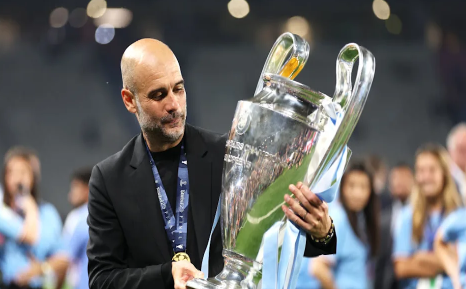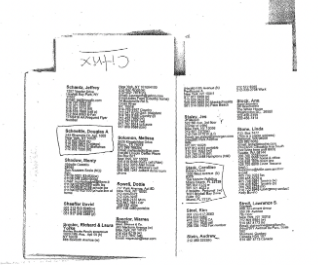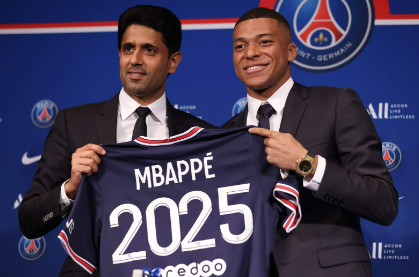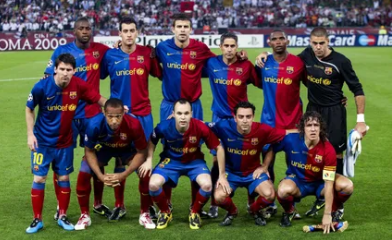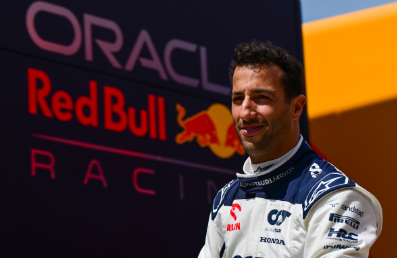Filed under:
One of the most famous managers of the modern age got his start with a club that would later make him a legend. Guardiola or Pep Guardiola as many know him has changed the game when it comes to strategy in the footballing world. With all his success however has also come a reputation of over-thinking big matches and teams that achieve their prime but struggle soon after. Pep Guardiola will go down as one of history's greatest managers and strategists but no one is perfect, over his career his strategies have tended to be long projects that act more as sparklers than a foundation for a club to really build on.
Starting his coaching career in Barcelona's youth academy Pep Guardiola found quick success and a handy promotion. In 2008 Guardiola was promoted to manager of Barcelona’s first team, the club didn’t find immediate success as they actually lost the first game they played, but soon were up and rolling. The talent was definitely in the clubs favor with names like Messi, Puyol, Iniesta, Xavi, and Henry to name a few however it wasn’t just talent that carried the club to the first ever Treble in Spanish football history. Gurdiolas focus on homegrown La Massia and his perfecting of a new strategy, coined Tiki Taka play, is what set him apart and what made his reign so impactful. After a solid career at the Catalan club Gurdiola moved to new pastures.
The coach, who had already won a treble at this point, left Spain for Germany. German side Bayern Munich were more than happy to bring the trophy winner on as manager. Guardiola’s time at Bayern was marked by a lot of wins and a formation shift. Early on the club ran a 4-1-4-1 which had a lot of the midfield reliance now so trendy. Later on this gave way to the now extremely popular 4-2-3-1 looking back some of the games were definitely a starting experiment for what would later be fully flushed out in the Premier League.
Guardiola's final managerial move came in 2016 as he headed for yet another new country. Manchester City who had recently come into a solid amount of money thanks to Saudi sponsorship found themselves looking for a rebuild. The man they wanted to lead them was none other than the man, the myth, the legend Pep Guardiola. The rebuild didn’t start out the greatest for City but in just a few short seasons the club became a championship force. Just last year Guardiola scored his third treble this time with the Premier League giants. His strategy at City has been a combination of his history taking the passing lanes so crucial to Tiki Taka and combining them with the midfield strength he tested at Bayern. While this was killer last year, City has been struggling to remain dominant.
Guardiola’s greatest projects all took a minute to fully implement. Barcelona was the quickest as the club already had a strong central style thanks to the large number of academy players. City took by far the longest with them adapting a new and relatively unused positional play style. The issues with positional play are it’s extremely delicate and relies on players who have worked together for long periods and who are all flexible in their positions. It’s easy to see how a few substitutions can severely hurt the squad, something we’ve seen highlighted very well this year.
Another issue with the strategy is it encourages playing from the back which creates a very high back line. When Manchester City first implemented this, and when they had a stronger defensive mid, it worked well allowing the club to keep the ball in the opposition half. Recently however teams have been taking advantage of this in big ways, City’s high backline allows for very few defender mistakes and has cost them goals and wins on several occasions, most recently against Chelsea.
Being a fan of more delicate back playing formations definitely fits the profile as Tiki Taka often suffers from the same issue. Squad changes could easily threaten to put the squad under and a reliance on talent was strong. The strategy also emphasized playing from the back which while setting up defense very well could also create some high pressure moments. Under Guardiola the team did manage to stay well on the strategy however a few years after he left it started to crumble. Not only was the playing style going out of fashion it was getting harder to maintain as it, like positional play, required a lot of trust and awareness amongst teammates. Both projects which took a while to build failed to last very long.
A constant need for innovation should be near the forefront of any great manager's mind but some of the best strategies build on top of what has been created. When looking at his coaching history the club to have retained the most of his influence is Bayern Munich who still follow a 4-2-3-1. Long term projects especially should be more flexible and a building block for the future. Guradiola doesn’t seem like he’s leaving City anytime soon so maybe we’ll see a stronger foundation being built as the seasons go on.
Guardiola is without a doubt his generation's greatest coaching mind however many times over his career some strategy choices feel more like short term experiments than the foundations for greatness. His complex formations and styles of play tend to quickly catch on but no one is ever quite able to replicate what he seems to perfect. The truth is there’s no such thing as a perfect strategy but there’s attributes that level up not just strategies but also clubs. A great strategy can work anywhere and builds a foundation for the future but it also must be innovative and either fit with or shift the trends of the times so often settling for good makes the most sense. There’s many layers to Guaridolas coaching style and not every single one is chilled and set perfectly yet in the end we all still love looking at the creations.
